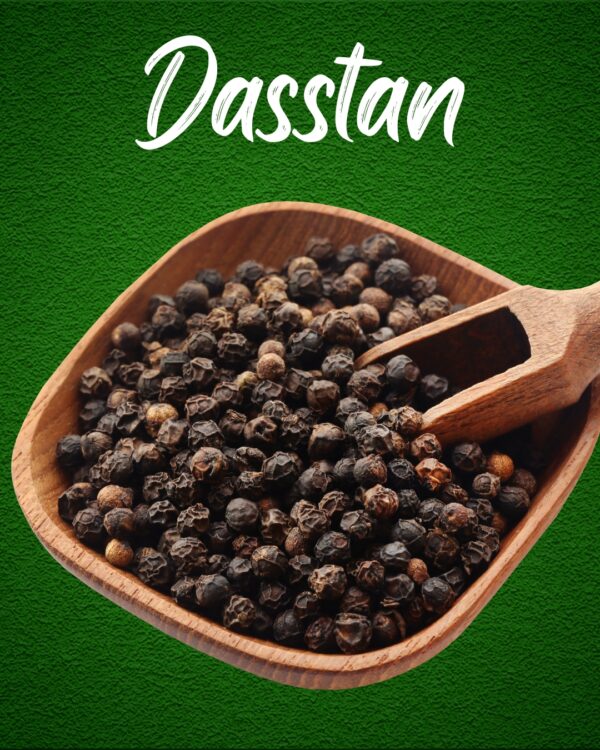Description
Black pepper (Piper nigrum), the ubiquitous king of spices, is a flowering vine cultivated for its peppercorns, which are dried and used as a pungent spice and seasoning. More than just a flavor enhancer, black pepper has a rich history, dating back millennia, and boasts a wealth of potential health benefits, making it a valuable addition to both culinary and wellness practices.
A Culinary Powerhouse:
Black pepper’s distinctive, sharp, and slightly fruity flavor comes from the presence of piperine, an alkaloid compound. This pungent kick adds depth and complexity to countless dishes, from savory meats and vegetables to soups, sauces, and even desserts. It’s a staple in cuisines worldwide, enhancing the taste of everything from simple scrambled eggs to elaborate gourmet meals.
Beyond Flavor: Potential Health Benefits:
Black pepper’s value extends beyond its culinary applications. Traditional medicine systems have recognized its therapeutic properties for centuries, and modern science is beginning to validate these claims. Some potential benefits include:
- Improved Digestion: Black pepper stimulates the production of digestive enzymes, potentially aiding in the breakdown of food and nutrient absorption. It may also help reduce bloating and gas.
- Antioxidant Properties: Piperine acts as an antioxidant, helping to protect cells from damage caused by free radicals. This may contribute to overall health and reduce the risk of chronic diseases.
- Anti-inflammatory Effects: Some studies suggest that piperine may possess anti-inflammatory properties, potentially offering relief from conditions characterized by inflammation.
- Boosted Nutrient Absorption: Black pepper has been shown to enhance the bioavailability of certain nutrients, such as curcumin (found in turmeric), making them more readily absorbed by the body.
- Immune Support: The potential antioxidant and anti-inflammatory effects of black pepper may contribute to supporting a healthy immune system.
- Potential Cognitive Benefits: Some research suggests that black pepper may have neuroprotective properties, potentially supporting cognitive function and memory.
Types of Black Pepper:
While the peppercorn itself is the source, black pepper is available in various forms:
- Whole Black Peppercorns: Offer the freshest flavor and aroma, ideal for grinding at the time of use.
- Ground Black Pepper: Convenient for everyday use, but loses flavor more quickly than whole peppercorns.
- Cracked Black Pepper: Coarsely ground, providing a more robust texture and flavor.
Choosing and Storing Black Pepper:
For the best flavor, choose whole peppercorns and grind them fresh using a pepper grinder. Store peppercorns in a cool, dark, and dry place to maintain their quality. Ground pepper should be stored in an airtight container.
Incorporating Black Pepper into Your Diet:
Black pepper is incredibly versatile and can be added to virtually any dish. Experiment with different grinds and quantities to find your preferred level of pungency. Add it to marinades, rubs, sauces, soups, stews, and more.








Reviews
There are no reviews yet.